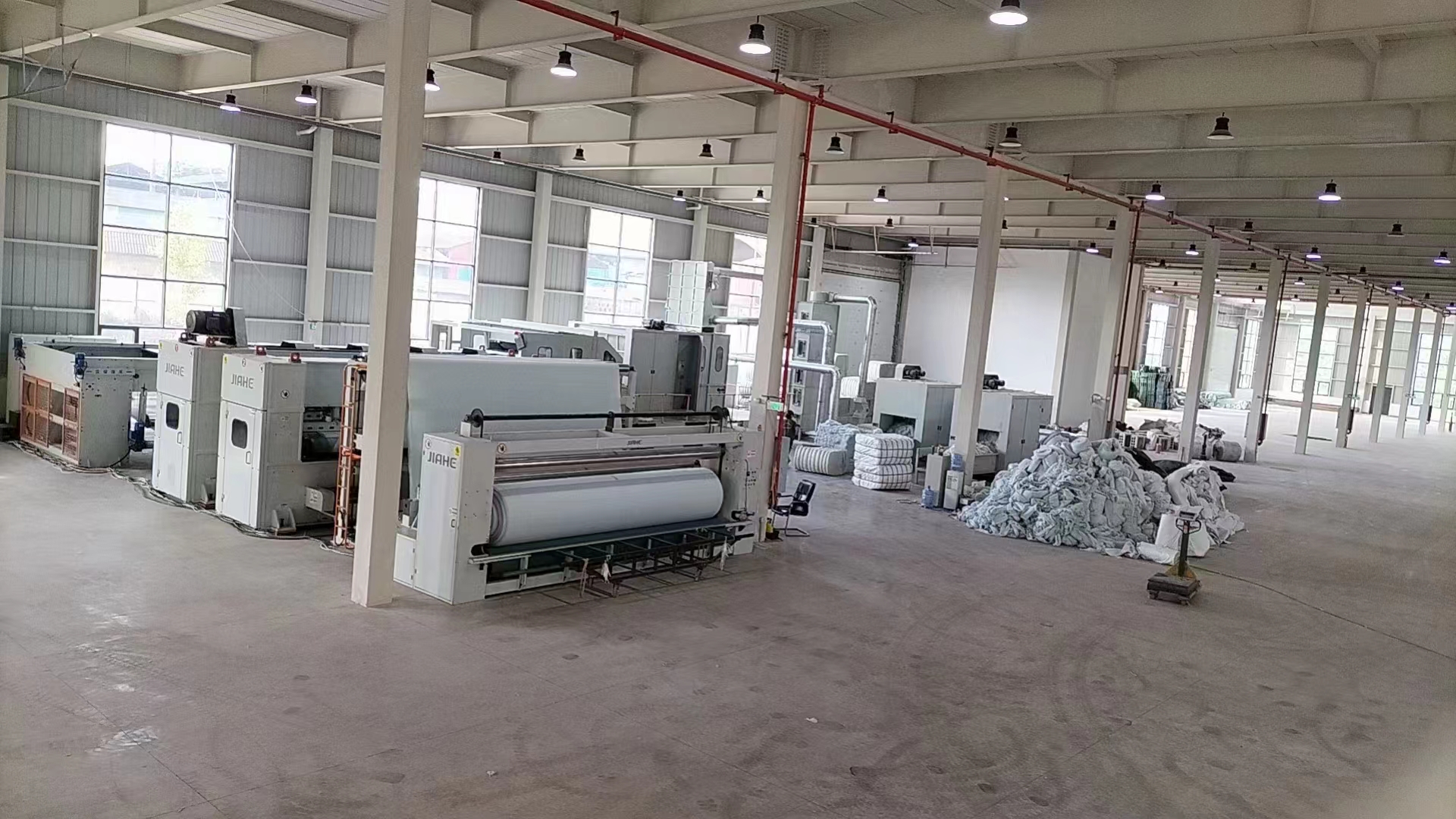
Geomembranes play a crucial role in modern waste management systems, particularly in the construction of landfills. These materials are used to create impermeable barriers that prevent contaminants from leaching into the soil and groundwater, protecting the environment from hazardous waste.
Geomembranes in Landfill Construction
Landfills are designed to contain solid waste in a manner that prevents environmental contamination. Geomembranes are used as liners at the bottom and sides of landfills, forming an effective barrier between the waste and the surrounding environment. HDPE geomembranes are particularly favored for this purpose due to their resistance to various chemicals and high tensile strength.
Preventing Groundwater Contamination
One of the main concerns in landfill management is the risk of leachate, which is a liquid formed when rainwater or moisture interacts with waste. Leachate can contain harmful chemicals and pathogens that pose a serious threat to groundwater quality. Geomembranes prevent leachate from migrating into the surrounding soil and water tables, significantly reducing the environmental impact of landfills.
Benefits of Geomembranes in Waste Management
- Environmental Protection: By containing toxic materials and preventing leakage, geomembranes help safeguard the ecosystem.
- Cost-Effective: The durability and longevity of geomembranes reduce the need for frequent repairs and replacements.
- Ease of Installation: Geomembranes are relatively easy to install, saving time and labor costs in landfill construction.
Conclusion
Geomembranes are indispensable in waste management, particularly in landfills, where they ensure that hazardous substances are contained and do not endanger the surrounding environment. Their reliability, cost-effectiveness, and environmental benefits make them an essential component of modern waste management systems.






 " />
" />